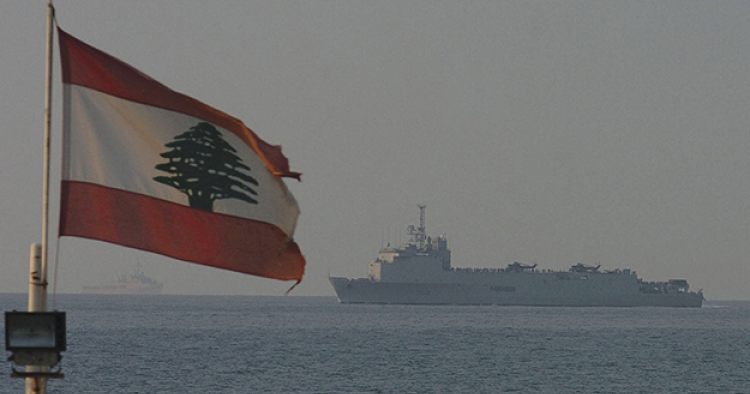Read the full article on the American Interest.
Even for the most ardent supporters of U.S. military aid to Lebanon, myself included, it is hard to deny that the optics of such aid in Washington are terrible and, if unaddressed, could very well upend the whole enterprise. To be clear, these optics—U.S. funds and equipment going to the armed forces of a country whose government is co-opted by an entity classified by the U.S. government as a terrorist organization—have always been poor. But under the Trump Administration they threaten to become unbearable.
That Hezbollah and its allies had a robust showing in the latest Lebanese parliamentary elections has only exacerbated U.S. concerns, and contributed to the growing unease among various influential members of Congress and senior White House officials about U.S. military assistance to Lebanon. That aid is now coming under intense scrutiny by a Trump Administration that is eager to counter Iran and, as shown in its new National Security Strategy, has shifted its attention and policy focus from counterterrorism, which undergirds most U.S. security assistance programs in the Middle East, to great power competition. This means, practically, fewer resources and less political bandwidth in the U.S. government for the former.
Nonetheless, the case for supporting the Lebanese military remains strategically sound and luckily has powerful backers in the Pentagon and Foggy Bottom, including U.S. Ambassador to Lebanon Elizabeth Richard. The question is whether this inter-agency consensus on Lebanon will be enough for the program to survive, at least in its current form.
Photo by Burak Kara/Vatan Daily/Getty Images
The Middle East Institute (MEI) is an independent, non-partisan, non-for-profit, educational organization. It does not engage in advocacy and its scholars’ opinions are their own. MEI welcomes financial donations, but retains sole editorial control over its work and its publications reflect only the authors’ views. For a listing of MEI donors, please click here.













